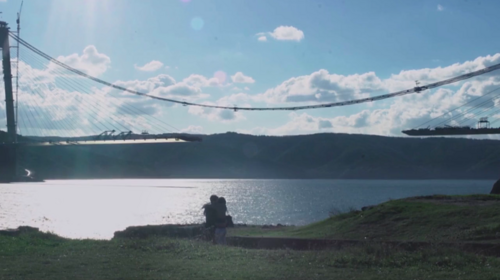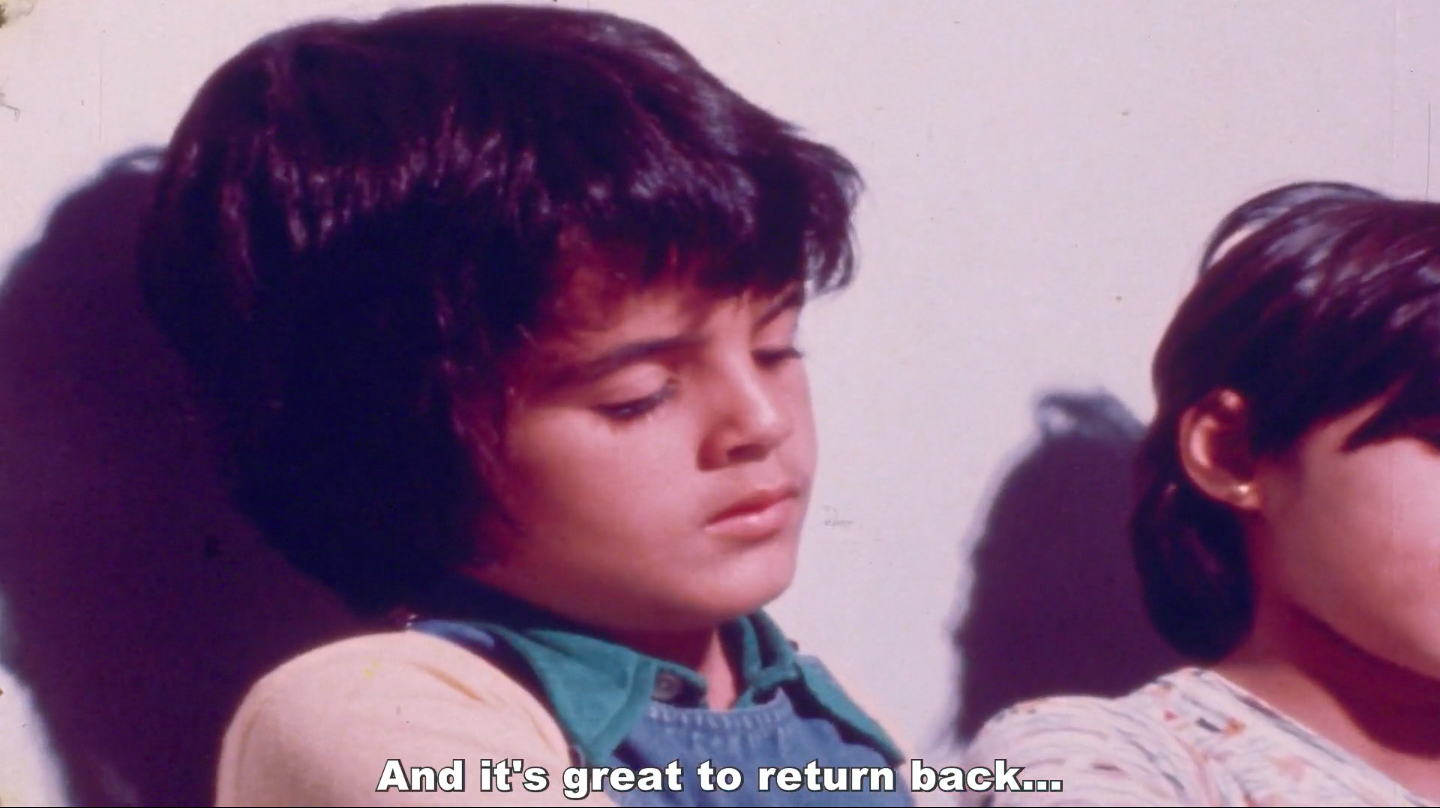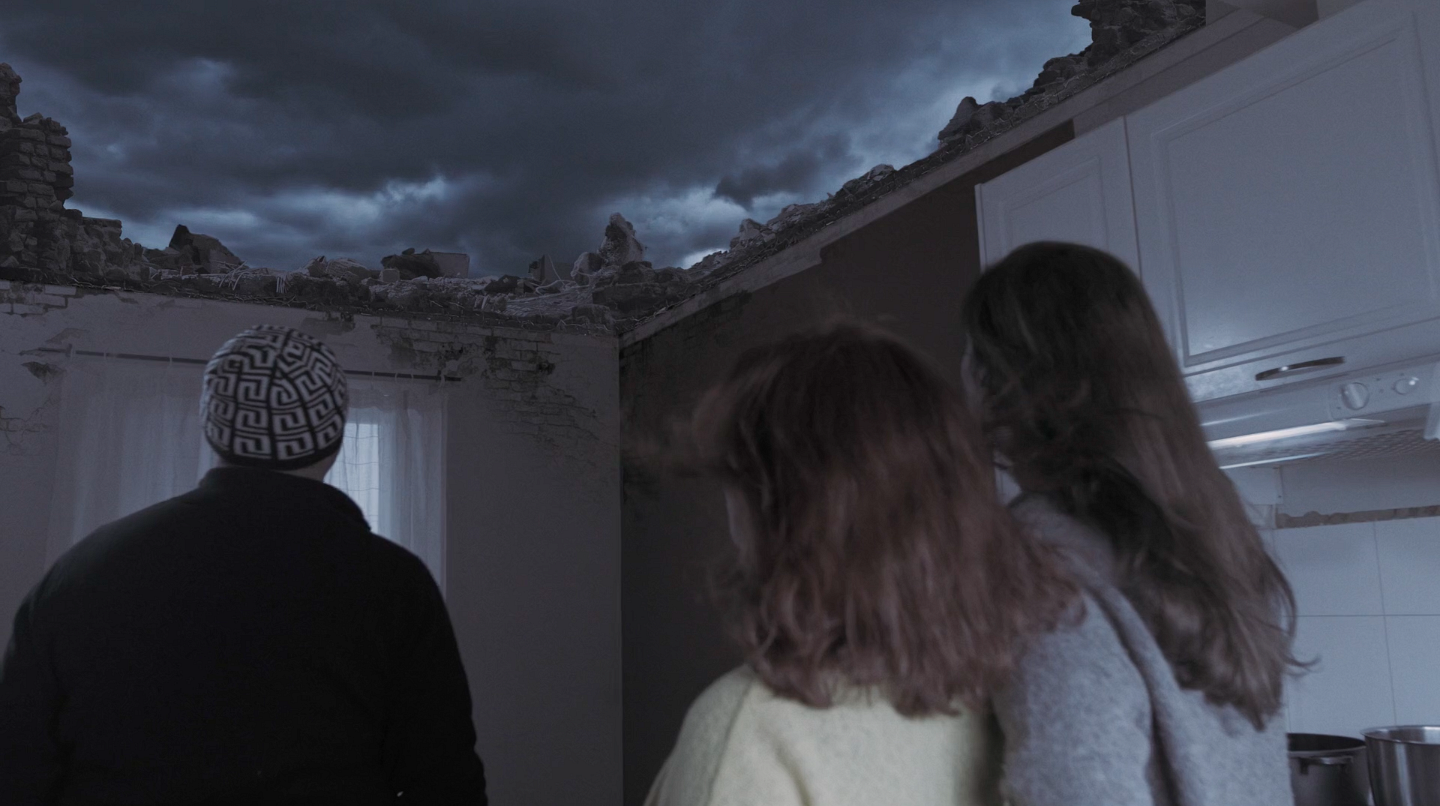Irmgard Emmelhainz is an independent translator, writer, researcher, and lecturer based in Mexico City. Her book Jean-Luc Godard’s Political Filmmaking was published by Palgrave MacMillan in 2019. The translated expanded version of The Tyranny of Common Sense: Mexico’s Neoliberal Conversion is coming out this fall with SUNY Press, and so is Toxic Loves, Impossible Futures: Feminist Lives as Resistance (Vanderbilt). She is a member of the SNCA in Mexico (National System for Arts Creators).
Olivier Hadouchi is a film curator and independent researcher working in Paris. Hadouchi holds a PhD in cinema studies and has lectured, published texts for magazines (in Third Text on the militant image, in CinémAction or in collective books on Heiny Srour, Jocelyne Saab, non-alignement, solidarity, and representations of the Algerian war of independence), and curated film programs about internationalism, third cinema, tricontinental film, images from the South, voices, protests, film, and poetry for Museum of Contemporary Art Belgrade, Museum Reina Sofía (Madrid), Kunsthalle (Münster), Jeu de Paume (Paris), Mosaic Rooms (London), and CorsicaDoc festival; and gave lectures in cities such as Algiers, Beirut, Ljubljana, Belgrade, Zagreb, Tangiers, Santiago de Chile, Madrid, London, Lisbon, Prague, and Porto.
Khaled Saghieh is a Lebanese writer and journalist. He began his career at the Lebanese daily As-Safir. He was the deputy Editor-in-Chief of the daily Al-Akhbar until 2011. Between 2012 and 2015, Saghieh worked as Editor-in-Chief of the news department at the Lebanese Broadcasting Corporation International (LBCI). He is now the Managing Editor of the Megaphone news platform.
Oraib Toukan is an artist. She is currently a EUME fellow at the Forum Transregionale Studien, Berlin and was a Clarendon scholar at the University of Oxford’s Ruskin School of Art, where she completed her PhD in 2019.
Khadijeh Habashneh (formerly Abu Ali) is a filmmaker, researcher, and consultant. She began working with the Palestine Film Unit as a volunteer, moving on to working full time in 1974 when the film unit evolved into the Palestinian Cinema Institute (PCI). Between 1976 and 1982, she was the Head of the Archive and Cinematheque department at the PCI. She wrote scripts and directed two documentary films including Children Without Childhood, which is also known as Children Nevertheless, and Women from Palestine, which was lost during the Israeli invasion of Lebanon in 1982. She was a founding member and worked as member of the executive committee of the General Union of Palestinian Women (GUPW) between 1980 and 2009. She was also a founding member and Vice President at the Center for Women Studies in Jordan (1989-1992). Habashneh has worked extensively on women’s issues as well as cinema, having taught and published a number of books and articles in this field. She has coordinated national campaigns for enhancing women’s participation in elections in Jordan (1996) and in Palestine (2002-2005). Habashneh is also a member of the board of Palestinian Woman Research and Documentation Center (PWRDC), and is involved in various human rights and cultural organizations.
Reem Shilleh interlaces research, moving-image, curatorial, editing, archival, and writing practices to question the infinite formations of memory and collectivity. She lives and works between Brussels and Ramallah. Reem Shilleh’s practice is informed by a long research project on militant and revolutionary image practices in and around liberation and emancipatory struggles, in particular Palestine, its diaspora, and its solidarity network. She is a member and co-founder of Subversive Film, a cinema research and production collective that aims to cast new light upon historic works related to Palestine and the surrounding region, to engender support for film preservation, and to investigate archival practices.


